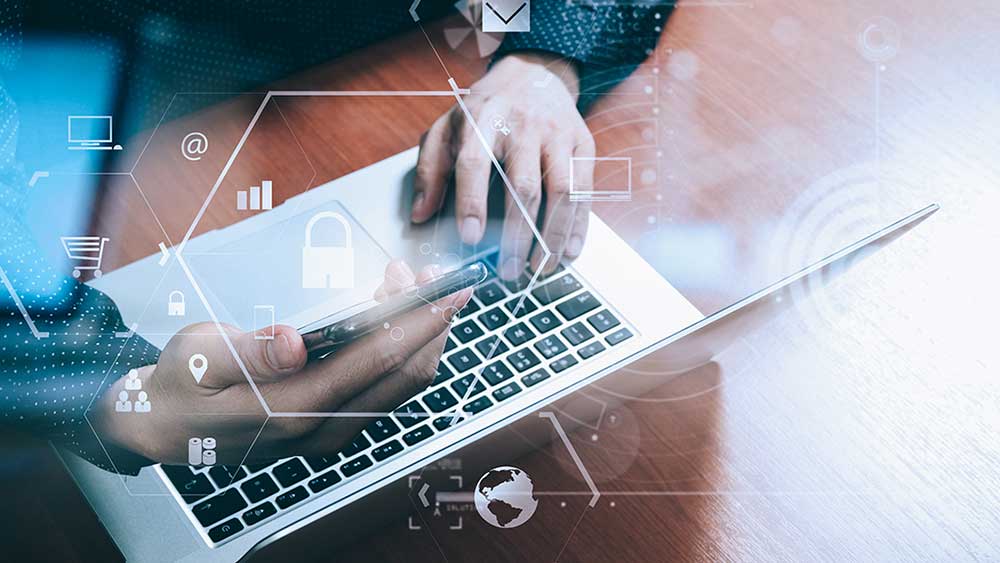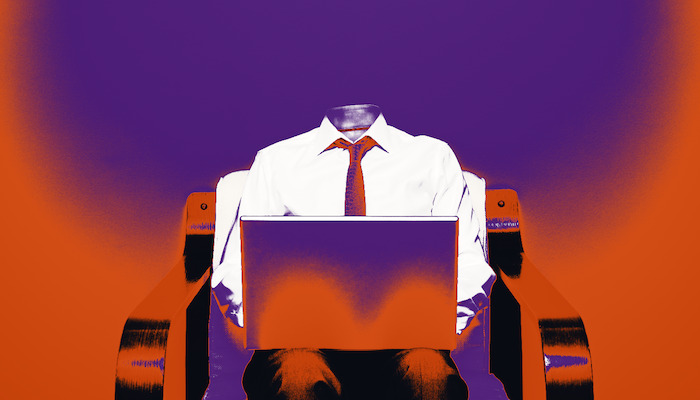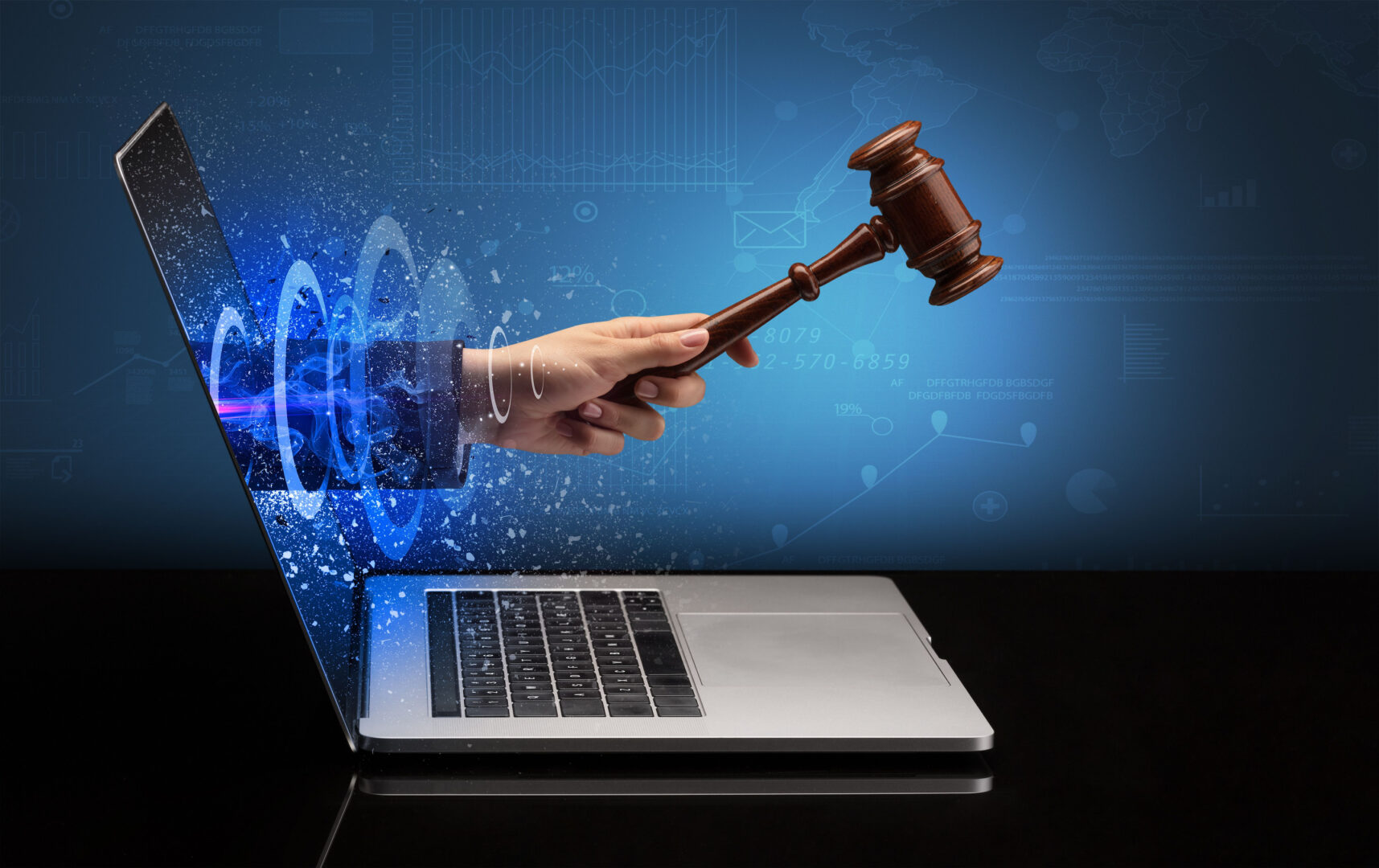As the world of cybersecurity expands, so too does its workforce, and an increasingly large number of professionals in the field belong to a generation that grew up with technology. But what does that mean for industry-wide practices?
A recent study by NTT Ltd., a global technology and services provider, has discovered that professionals over the age of 30 are actually more likely to adopt stronger security postures than their younger counterparts. While more experienced employees have had the time to acquaint themselves with traditional cybersecurity practices, under-30s prefer flexibility and agility in their systems.
Under-30s are also more likely to consider paying a hacker’s demands in the event of a ransomware attack, which could be representative of an impatience to get systems up and running again, or a more advanced understanding of the encryption process. On the other hand, over-30s displayed a heightened awareness of potential security risks in things like personal devices in the workplace.
The younger generation’s inclination toward flexibility and agility has also proven beneficial to recovery time—under-30s estimate their company could rebound from a cyber attack in 62 days, six days shorter than older employees’ estimate.
Still, significant generational divides aside, there was one area in which the majority agreed: cybersecurity should always be an item on the boardroom agenda.
A Clear and Present Danger
Despite over-30s’ overwhelmingly positive track record in executing cybersecurity best practices, and the under-30s’ unconventional yet effective approach, one particular field struggled to catch up in all respects—the healthcare and pharmaceutical industry.
Cyber attacks are a constant threat to hospitals and their patient data, and they don’t just come by way of computer systems. The abundance of medical tech on site poses an enormous risk for attacks through the Internet of Things (IoT), in which connected medical technology can be breached and used as a “bridge” into larger healthcare databases.
Additionally, healthcare systems are far less likely to confirm to internet protocol (IP), and often falter in installing updates and patches in a timely manner. Outdated systems have even more vulnerabilities than the standard computer system, which is why it’s so important to run frequent system-wide updates and conduct regular risk assessments.
United in Purpose
However you stand on the best practices to keep your organization secure, no one can argue the importance of staying up to date.
BAI Security is here to keep your organization on the cutting edge with our IT Security Assessment, which offers a multitude of non-threatening evaluations and enhanced tactics to take your security posture to the next level. Our key services include:
- Vulnerability and Penetration Testing
- Extensive Firewall Evaluation
- Social Engineering Evaluation
- Antivirus Best Practices Evaluation
- Network Security Best Practices Evaluation
- Remote Location (Branch) Evaluation
- Remote Access Evaluation
- Telco-Testing/War-Dialing Evaluation
- Wireless Security Evaluation
Don’t fall behind—contact us today to get started.








